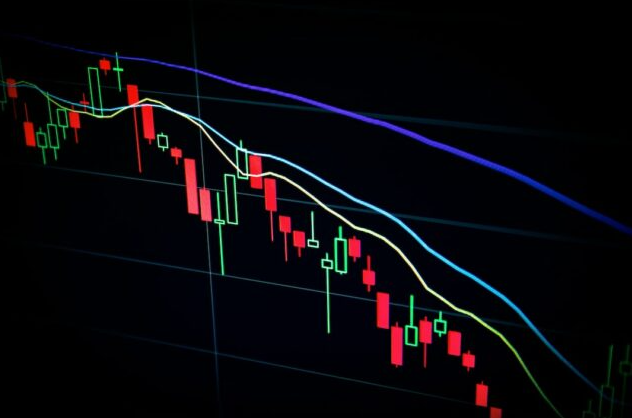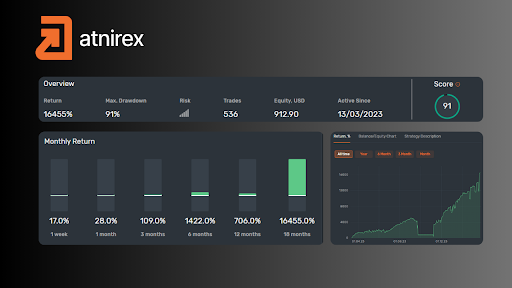Martingale Strategy in Trading – Is It Worth It

Trading instruments requires a great deal of training, understanding, and experience to produce great results. However, not all traders will spend hours analysing charts and studying market movements. Some want quick and easy profits without putting in much effort. These individuals often turn to the Martingale strategy, a controversial method that has gained traction in the trading world.
In this article, we will delve into the intricacies of this approach and evaluate its potential drawbacks. Is the Martingale strategy truly worth it, or is it just a high-risk gamble?
The Origins and Theory Behind the Martingale Strategy
The Martingale strategy is not a new concept. In fact, its roots can be traced back to 18th century France, when it was used as a betting system in gambling. Its name is derived from “martingales,” which refers to a piece of horse racing equipment that prevents horses from raising their heads too high.
The premise of the Martingale trading is quite simple – it is impossible to lose constantly. At some point, you will win a trade, and it will be significant enough to cover your losses and turn a profit. To achieve this, traders using this approach double their investment size after each loss, expecting the next trade to be a winner.
How Does the Martingale Strategy Work in Trading?
Applying the Martingale method to financial markets is similar to its use in gambling.
Traders select a market with an equal probability of up or down movement, such as binary options or Forex trading. They then place an initial bet in one direction and double the investment size if the trade results in a loss.
For example, if the trader initially invests $100 in a stock with an expected profit of $10, they set the take profit order at $110 and stop loss at $90. If the trade results in a loss, the next investment will be doubled to $200, with the take profit and stop loss levels adjusted accordingly. The trader will continue doubling their investment until a winning trade occurs.
Does This Strategy Work?
While the theory behind the strategy may seem logical, its effectiveness in trading is highly debated. One of the biggest factors influencing its success is market conditions.
The betting trading can lead to significant losses if the market is unpredictable and volatile, where price movements are erratic and sudden. As traders continue to double their investments, they may reach a point where they no longer have enough capital to sustain the strategy’s requirements.
On the other hand, in markets with a higher level of predictability, the method may have a higher chance of success. As long as traders have sufficient capital and patience to withstand potential drawdowns, they could potentially see profits with this approach. Yet, no market is entirely stable, and prolonged winning streaks cannot be guaranteed.
The Controversy Surrounding the Martingale Strategy
Despite its attractiveness, the trading community has heavily debated the strategy. It is primarily criticised for requiring an unlimited amount of money to effectively implement. In reality, most traders do not have unlimited resources and may quickly deplete their funds if faced with consecutive losing trades.
Furthermore, the execution of this strategy heavily relies on the assumption that all trades have a 50% chance of being profitable. However, financial markets are highly volatile and influenced by various factors that can disrupt this supposed even distribution.
Moreover, with the widespread use of leverage in trading, the potential losses from this strategy are magnified, which becomes especially true for margin or futures trading, which imposes no limits on losses beyond the money invested. Those investors who try their luck with high-risk betting will eventually lose big.
Is the Martingale Strategy Worth It?
While some traders may report success with Martingale, remember that these are often short-term results. In the long run, this method’s potential risks and drawbacks far outweigh any potential benefits.
Moreover, relying solely on betting methods goes against fundamental trading principles, such as money management and diversification. Instead of blindly following a high-risk approach, traders should develop a comprehensive trading plan incorporating various strategies and techniques.





